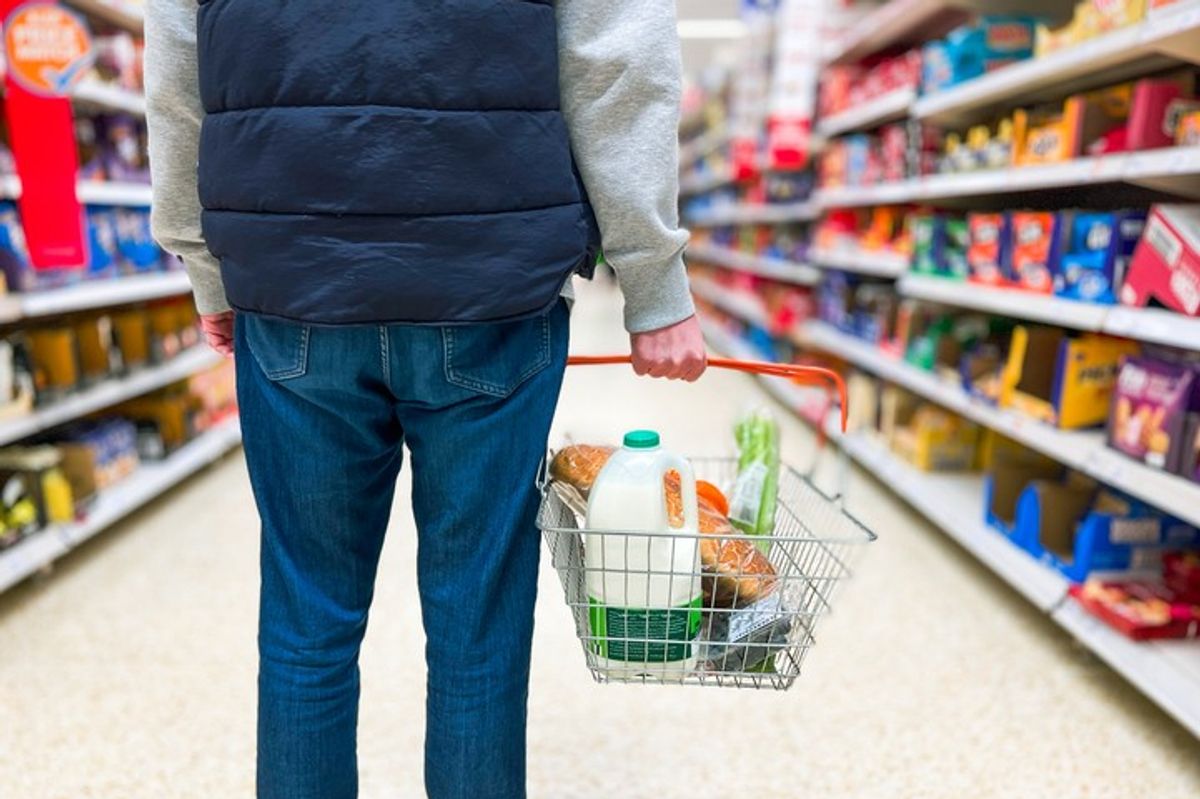January saw the return of smaller baskets as Britons prioritised simple winter meals, saving money and avoiding waste to keep costs down, shows recent data.
According to data from NIQ, total till sales at UK supermarkets have seen continued growth (+6.6 per cent) in the last four weeks ending 27th January 2024. This growth is reflective of a slow down (6.1 per cent) in food inflation, which is at its lowest rate since June 2022.
The data reveals a volume growth (+1.3 per cent) in grocery shopping after Christmas, compared to last year when inflation was in double digits. This shows that shopper behaviour is normalising as inflationary pressures reduce.
January saw growth in sales of fresh meat (+11 per cent) and fresh poultry (+10 per cent) alongside less expensive food options such as frozen chips (+15 per cent), frozen fruit (+14 per cent) and treated and prepared meat products (+13 per cent). Shoppers were also willing to adopt a flexitarian diet, suggests data due to a growth in sales of dried vegetables and pulses (+23 per cent), rice and grains (+22 per cent) and herbs and spices (+20 per cent). The data also showed that sales of beer, wine and spirits are back in growth (+7.3 per cent).
With wetter weather and storms over January keeping shoppers at home, NIQ data reveals an increase (+6.8 per cent) in online grocery spend as the channel maintains share (11.2 per cent) of FMCG sales ahead of in-store shopping which only grew (+5.3 per cent) within the four week period.
Mike Watkins, NIQ’s UK head of retailer and business insight, said, “Shopping visits increased again in January and was helped by the return of smaller baskets after the big trolley spends in December. In addition, many households were moderating spend as paying off Christmas bills takes priority. To put this in context shoppers spent 24 per cent less on Food & Drink in January compared to December.”
Watkins continues, “During the height of the cost-of-living squeeze in early 2023, discounter growth was around 20 per cent. However, this level of growth was not sustainable, so it’s no surprise to see growths back to 10% over the last 12 weeks given the slowdown in inflation.
Whilst consumer confidence is slowly improving, there remains some caution for FMCG spend as NIQ Homescan research also shows that 62 per cent of households anticipate that in the first part of 2024 they will be moderately/severely affected (more so for households with families) which is up from 57 per cent at the end of last year.”
Watkins concludes, “As we look ahead and sentiments and shopper behaviour change, we expect to see the trend of managing overall basket spend continue even as inflation continues to slow, with Easter and warmer weather in spring giving the next boost to FMCG spend.”


